Table of Contents
President of India:
- Articles 52 to 78 deal with the Union Executive in Part V of the Constitution.
| Union Executive Consists of- The President The Vice-President The Prime Minister The Council of Ministers The Attorney General of India |
- The President is the head of the Indian State and also the first citizen of India.
- President acts as the symbol of unity, integrity and solidarity of the nation.
- President enjoys only nominal executive powers. The real power is vested in the Council of Ministers with the Prime Minister at its head.
- India is a Republic. The Head of the Republic is an elected person who holds office for a period prescribed by the Constitution. The President of India holds office for five years.
Qualifications for election as President:
Article 58 of the Constitution states that in order to be elected as President, a person must be-
- A citizen of India.
- Completed thirty-five years of age at the time of election.
- Qualified for election as a member of the Lok Sabha.
- Not holding any office of profit under the Union Government, State Government or a Local Body.
But a sitting President or Vice President or the Governor of any state or a minister either of the Union or any state is not disqualified for election as the President of India.
President’s Election:
The President of India is elected indirectly, i.e., by an electoral college, in accordance with the system of proportional representation by means of a single transferable vote and the voting is by secret ballot. The electoral college shall comprise-
- Elected members of the Lok Sabha and the Rajya Sabha.
- Elected members of the Legislative Assemblies (Vidhan Sabha) of all the Federating States.
- Elected members of the Legislative Assemblies of the Union Territories of Delhi and Puducherry.
Not take part in the President’s elections-
- Nominated members of the Lok Sabha and the Rajya Sabha.
- Nominated members of the Legislative Assemblies of all the Federating States.
- Members of Legislative Councils (Both elected and nominated) in bicameral legislatures.
- Nominated members of the Legislative Assemblies of Delhi and Puducherry.
Value of the Vote of an MLA–
| Value of the Vote of an MLA = Total population of state/Total number of elected members in the state legislative assembly X 1/1000 |
Value of the Vote of an MP-
| Value of the Vote of an MP = Total value of votes of all MLAs of all states/Total number of elected members of Parliament |
Disputes in the Election:
All doubts and disputes arising in connection with the election of the President can be inquired into and decided only by the Supreme Court of India whose decision stays final.
Oath of Office:
Before entering his office, the President has to make and subscribe to an oath or affirmation. In his oath, the President swears-
- To faithfully execute the office;
- To preserve, protect and defend the constitution and the law; and
- To devote himself to the service and well-being of the people of India.
It is administered to him/her by the Chief Justice of India.
Term of President’s Office:
- Article 56 says that the President shall hold office for a term of 5 years from the date on which he enters his office.
- Even after the term expires, he continues to hold his office until his successor enters the office.
- According to article 57, he is also eligible for re-election.
- The President’s office may fall vacant before the five-year term in either of the two ways-
- By resignation in writing addressed to the Vice-President of India.
- By removal for violation of the Constitution, by the process of Impeachment.
Impeachment of President:
The President can be removed from office for violation of the Constitution by a special trial conducted by Parliament. Such removal of the President from office is called Impeachment. Impeachment is a quasi-judicial procedure in Parliament. Article 61 of the Constitution details the process of impeachment. According to it, either House may bring the charge for President’s impeachment before the other House, which is then investigated. The process is as follows-
- A list of charges has to be drawn up and supported by one-fourth of the total members of the House that framed the charges and a 14 days’ notice should be given to the President.
- The resolution then has to be passed by 2/3rd majority of the total membership of the House.
- The resolution will then pass to the other House.
- The other House will investigate the charges.
- The President has the right to appear and to be represented in such an investigation.
- If the charges are confirmed by the other House by 2/3rd majority, the President stands impeached.
Powers and Functions of the President of India:
The President has a wide range of powers which can be discussed under the following heads-
Executive Powers of the President:
- The administration is run in the name of the President.
- The President appoints the Prime Minister. Other ministers are appointed by the President on the advice of the Prime Minister.
- He appoints the attorney general of India and determines his remuneration.
- He appoints-
- Comptroller and Auditor General of India.
- Chairman and members of the Union Public Service Commission.
- Chief Election Commissioner and other Election Commissioners.
- Governors of States.
- Chairman and members of the Finance Commission.
- Judges of the Supreme Court and High Courts.
- Special officer for Linguistic Minorities.
- With regard to the Fifth and Sixth Schedule provisions, President has significant powers in relation to tribals. He can declare that an area in a state is a scheduled area.
- He can appoint a commission to investigate the conditions of Scheduled Castes, Scheduled Tribes and other backward classes.
- In order to promote Centre-state and inter-state cooperation, President appoints an inter-state council.
Legislative Powers of the President:
The Union Legislature comprises the President and the two Houses of Parliament. Therefore, the President is an integral part of the Union Legislature.
- The President summons and prorogues the sessions of Parliament and may dissolve the Lok Sabha even before the expiry of its term on the advice of the Prime Minister.
- The President addresses both the Houses of Parliament at the first session after general elections and at the first session each year.
- President summons a joint sitting of the two Houses of Parliament in case of a disagreement between Lok Sabha and Rajya Sabha on a non-money bill.
- He nominates 12 members to the Rajya Sabha from among persons with special knowledge or practical experience of literature, science, arts and social service.
- He can nominate two members of the Anglo-Indian community to the Lok Sabha if he feels that this community has not been adequately represented in this House.
- Bills for the formation of a new state, altering the boundaries of the existing ones and Monet Bills require prior sanction of the President.
- The President can issue ordinances when the Parliament is not in session. These ordinances must be approved by the Parliament within six weeks from its reassembly. (Ordinance-Making Power of the President- Article 123).
- Reports of Comptroller and Auditor General, Union Public Service Commission. Finance Commission etc. laid before the Parliament by the President.
Financial Powers of the President:
- No money bill can be introduced in the Parliament without its prior approval by the President.
- The annual Budget is placed before the Parliament with the approval of the President.
- He has control over the ‘Contingency Fund‘. He can sanction money out of this fund for unexpected situations.
- The President has the power to appoint Finance Commission.
Judicial Powers of the President:
- He appoints the Chief Justice of India and other judges of the Supreme Court and High Courts.
- He may seek the advisory opinion of the Supreme Court (Article 143) on any question of law or fact.
- He is not answerable to any court of law for the exercise of his powers.
- No criminal suit can be initiated against him during his tenure of office.
- According to Article 72 of the Constitution, the President can pardon, offer reprieve or commute any sentence given to a criminal.
Military Powers of the President:
- The President is the Supreme Commander of the Defence Forces of India.
- He appoints the Chiefs of the three wings of the Defence Forces subject to certain rules and regulations.
- He can declare war or make peace with any foreign power on the advice of the Council of Ministers.
Diplomatic Powers of the President:
- He represents India in international conferences and affairs.
- All treaties and agreements are signed by India in the name of the President.
Emergency Powers of the President:
- National Emergency (Article 352)-
- Also called ‘proclamation of emergency’.
- Emergency arising out of a threat to the security of India or of any part of it because of war, external aggression or armed rebellion.
- The word ‘internal disturbance’ was replaced by ‘armed rebellion’ by 44th Amendment Act 1978.
- State Emergency or President’s Rule-
- Article 356– Emergency arising out of the failure of constitutional machinery in a particular State because of political uncertainties or otherwise. It is also called Constitutional Emergency.
- Article 365- Failure to comply with the directions of the Centre.
- Financial Emergency (Article 360)- Emergency arising out of the danger to financial stability and economy of the country.
Articles deals with the President:
| Article 52- The President of India. Article 53- The executive power of the Union. Article 54- Election of President. Article 55- Manner of Election of President. Article 56- Term of office of President. Article 57- Eligibility of re-election. Article 58- Qualifications for election as President. Article 59- Conditions of President’s Office. Article 60- Oath or affirmation by the President. Article 61- Procedure for Impeachment of the President. Article 62- Time of holding election to fill a vacancy in the office of President and the term of office of person elected to fill casual vacancy. |
![President of India [Article 52-62]- GK 1 President of India](https://gkscientist.com/wp-content/uploads/2021/05/President-of-India-Article-52-62.jpg)

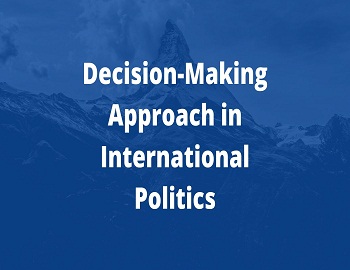
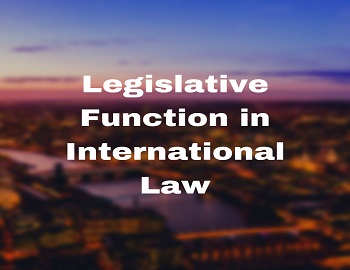
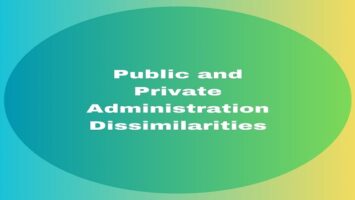

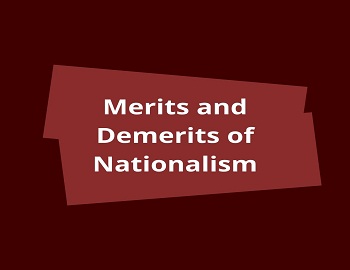
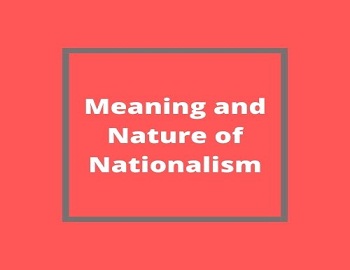
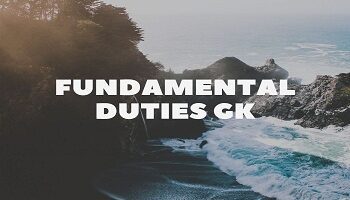
Comments (No)